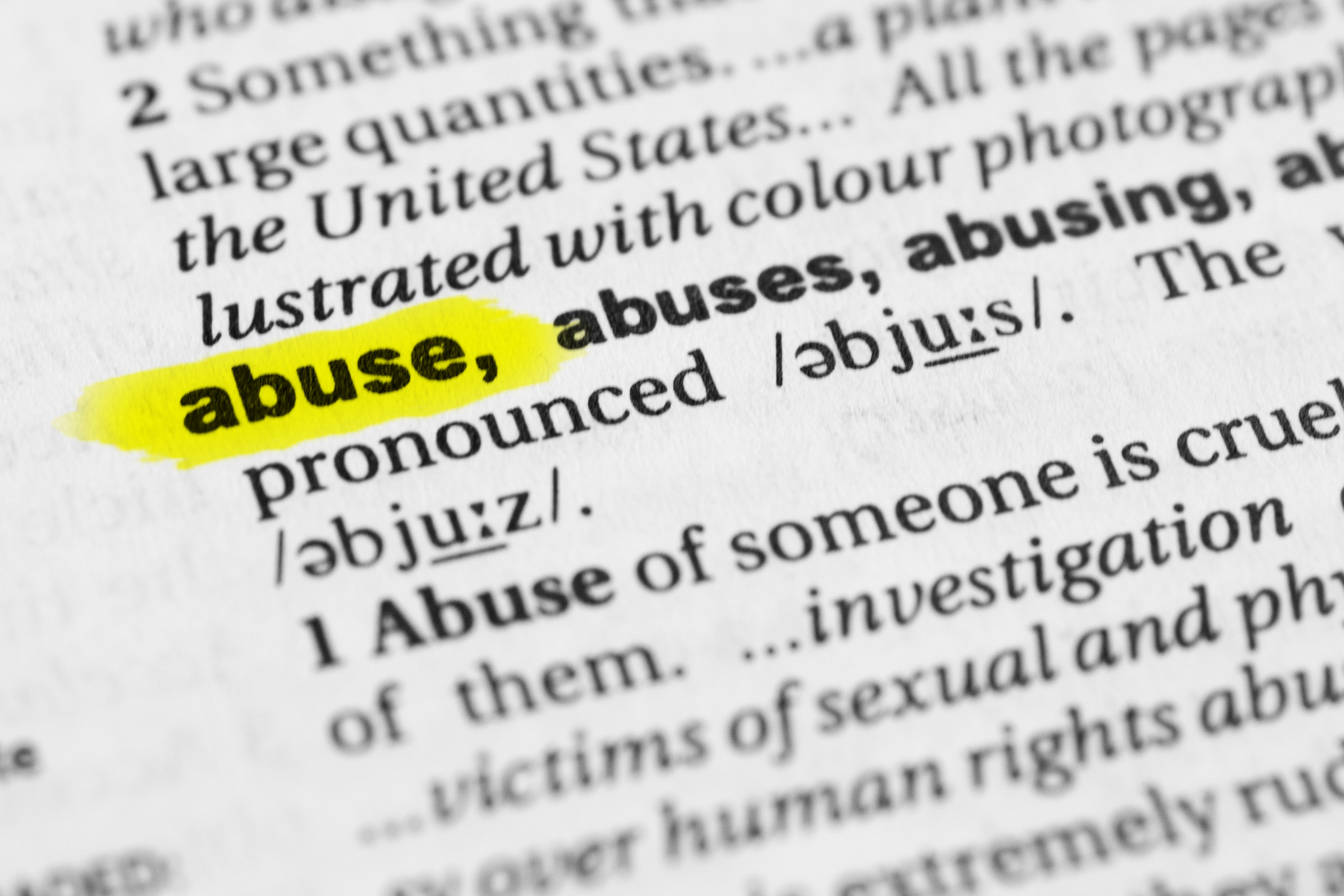One of the most common misconceptions I see online in the abuse recovery community are people posting that psychological abusers are just wounded people who don’t know any better. Victims to their childhood abuse who went on to hurt people similarly. You know the saying, “wounded people, wound people.” As a certified trauma therapist, I find this assumption to be false about psychological abusers and would like to unpack the topic a little more than can be done in an Instagram comment section.
I want to make it clear that both forms of abuse, emotional and psychological, are damaging to the victims, create life chaos, and are unacceptable in any relationship whether that be in a family, romantic relationship, among peers, at work, or in a place of worship.
The driving motivations behind emotional and psychological abuse are where the two topics split from one another and victims need to be well-versed in the underlying reason for the behaviors.
Can someone be both an emotional and psychological abuser? For me, the clinical answer is no. It is one or the other and depends on why the individual is behaving in harmful ways.
Let’s look at the differences.
Emotional abusers react out of their core wounds that have never been healed. They can trace back where they learned maladaptive coping skills and are continuing to hold on to them into adulthood.
Emotional abusers are authentically remorseful for their actions. They know something is wrong in the way they react to every day stressful situations. They are truly embarrassed by their behaviors.
It’s not that emotional abusers don’t know any better. They don’t know how to do any better. There is a huge difference between these two.
Emotional abusers hold a deep sense of shame about their brokenness and how it manifests in their life and those who are close to them. They know they are perhaps repeating verbal abuse patterns they loathed while growing up in an unstable home.
Emotional abusers may have an untreated, or poorly regulated, mental health diagnoses that can make maintaining stable moods a true challenge. I do not include personality disorders in this criteria. Diagnoses such as bipolar, schizophrenia, PTSD, or major depressive disorder can cause someone to have unregulated emotions that can cross over into unintentional emotionally abusive behaviors.
Emotional abuse is a common byproduct of addiction and chemical dependency. The addict’s life focus is on feeding their addiction and can become incredibly emotionally abusive in the singular pursuit of their drug of choice.
Emotional abusers often have chaos in many areas of life functioning. Maintaining a stable, calm existence is a challenge for many people who are also emotionally abusive.
Emotional abusers can change.
They can learn new coping skills that give them the tools to stop themselves before lashing out verbally. They can go to addiction treatment and live a peaceful life, clean and sober. They can do the daily work to maintain their mental health in a way that keeps them emotionally stable and regulated. I will say it again for emphasis, emotional abusers can and do permanently change for the better.
Psychological abusers never change.
Psychological abusers believe their assessment of you, and everyone else around them, is correct. They are not open to learning new coping skills and why would they? In their assessments, they are as close to perfect as someone can be and it is everyone else who needs the help.
Psychological abusers will pretend to be remorseful for some of their abusive behaviors, but no lasting change ever comes. They always return to their toxic baseline. Their “regret” is a façade to keep the victim in the relationship and available for more abuse.
Psychological abuses blame other people for their actions. They rarely give an authentic apology for being abusive because to do so would be to admit they are flawed just like everyone else.
Psychological abusers enjoy the game of making people frustrated. They create chaos on purpose because they find it entertaining to watch those around them react.
Psychological abuse is rooted in power and control of those around them.
Psychological abusers do not have other true mental health or addiction issues that could be the cause of some of their abusive behaviors. They choose to harm out of their free-will. Narcissistic Personality Disorder is not the same diagnosis category as bipolar, schizophrenia, PTSD, or major depressive disorder. NPD is not a true mental health, biochemically-based, condition. It is a personality disorder. I believe NPD is not a brain-based malfunction, but repeatedly choosing not to express empathy for others. If trauma can change brain function, not living in an empathetic manner could, and does, as well.
Psychological abusers know when to turn on and off their abusive behaviors. They are always trying to fly under the radar so no one can pinpoint their actions and accurately accuse them of being an abuser.
Psychological abusers are in control of their actions. Their lives tend to be high-functioning, or at least normal functioning. They can manipulate people around them into meeting their needs, while selfishly not being concerned by the needs of others.
These are but just a few of the differences between emotional and psychological abuse. The motivation of behaviors should help victims better understand what they are facing and make life choices that are right for them.
There are no excuses for any abusive behaviors going untreated or unchanged.
Remember, keep dreaming big!
Shannon
